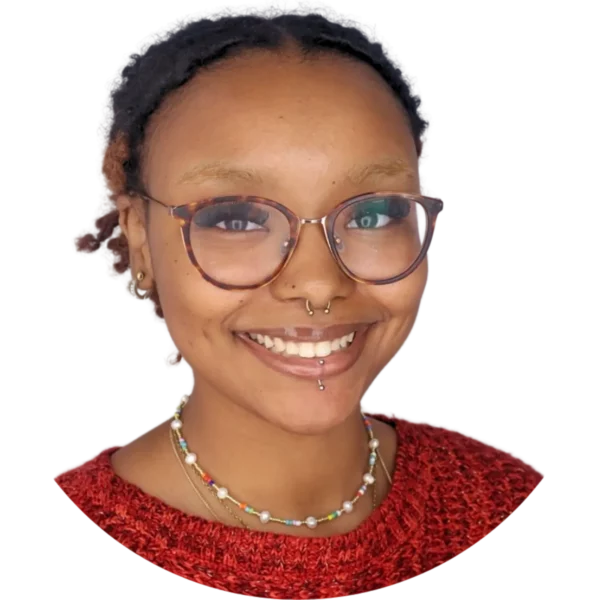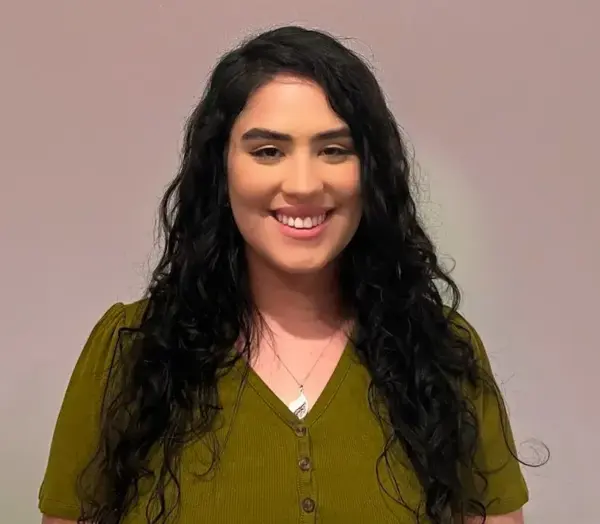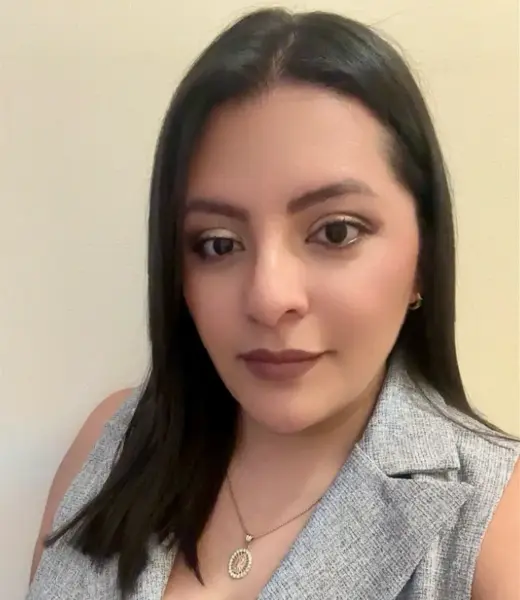Adjusting to Life Transitions & Coping with Change

Life transitions are significant changes that can alter our personal, professional, or social lives. They can be as joyous as the birth of a child or as challenging as the loss of a job. These transitions, whether expected or unexpected, prompt us to adapt to new roles, responsibilities, and routines, often testing our resilience and adaptability.
What events are considered "Life Transitions"?
Life transitions are any significant change(s) that affects your life in a substantial way. These can be internal shifts, like changing personal beliefs or roles, or external events, such as moving to a new city or starting a new job.
Life transitions can also be non-events, such as the absence of a milestone you expected to reach, like marriage or parenthood.
Coping with Change: A test of Adjustment & Flexibility
Adjusting to change is difficult because it disrupts our established habits and routines, which are comforting and provide a sense of control. Transitions often involve a period of uncertainty and can lead to increased anxiety and stress. They require us to develop new routines and roles, which can be mentally and emotionally taxing. The process of adaptation involves both acknowledging the loss of the familiar and the effort to embrace the new.
Types of Life Transitions
Anticipated Transitions
These are changes you see coming and can often prepare for, like retirement or graduation.
Unanticipated Transitions
These occur without warning, such as sudden job loss or the unexpected death of a loved one.
Non-Event Life Transitions
These are transitions that were expected to happen but did not, like not having children by a certain age or getting a promotion
Benefits of Life Transitions & Change
Despite the challenges, life transitions can be beneficial. They can lead to personal growth, new experiences, and a deeper understanding of oneself. Successfully navigating a transition can also boost self-confidence and provide a sense of accomplishment.
How do Life Transitions Impact Mental Health?
Life transitions can have profound effects on mental health. They can trigger stress, anxiety, and even depression. However, they also provide opportunities for growth and can lead to improved coping skills, greater self-awareness, and increased resilience.
Skills for Coping with Change
Practice Acceptance
Accept the reality of the transition and focus on what you can control.
Grieve the Loss
Allow yourself to mourn the past while gradually adapting to the new.
Engage in Self-Care
Prioritize activities that promote well-being, including hobbies, positive social outlets and creativity.
Set Realistic Expectations
Understand that transitions take time and that it’s normal to have ups and downs.
Be Patient with Yourself
Recognize that adjustment is a process and allow yourself time to find your footing.
Create a Routine
Establish new routines to provide stability during times of change.
Seek Therapy or Social Support
Lean on friends, family, or support groups for. If the transition becomes overwhelming, consider professional help to develop coping strategies.: Acknowledge every step forward to maintain motivation and confidence.
Closing Thoughts on Coping with Change and Life Transitions
Remember, it’s normal to find transitions challenging, but with patience, support, and the right approach, you can navigate them effectively. While coping with change can be challenging, these transitions may be an opportunities for growth and self-discovery. With the right strategies and support, you can navigate these changes successfully and emerge stronger.
If you’re struggling, don’t hesitate to reach out for professional help
FAQ's About Online Therapy
At Mind by Design NJ
Where are you located? I need a therapist near me
We are fully online, which means that your therapy sessions will be help via video call on our HIPAA compliant Platform. Anyone in New Jersey can access our therapy services
How do I get started as a new client?
New Clients can reach out to us directly via call, text or email here:
Does my insurance cover my visits?
We provide”Courtesy Billing” for clients who are using the Out-of-network insurance benefits.
Our Insurance Page might answer your questions about your insurance information, cost and OON coverage.
What are out-of-network benefits?
Visits our FAQ About Insurance to learn more about OON coverage for mental health services. We can also check your benefits for you. When using OON benefits, patients typically pay the full cost of the treatment upfront and then file a claim with their insurance company for reimbursement.
Is Online Therapy As Effective As In-Person Therapy?
Online therapy is essentially face-to-face counseling, just conducted remotely. Studies show that tele-therapy is as effective as traditional counseling. Professional organizations and state governments recognize its benefits and have set regulations for it. However, like any therapy, its success in achieving your goals isn’t guaranteed. It’s important to discuss with your therapist whether tele-therapy is working for you.
How Should I Prepare for My First Session?
Showing up is all that you need to do! But if you really want to get the most out of session, it could help to take some time to think about what you want from therapy. It helps to write down your goals, questions you have or things that you feel are important to share.
Do you offer traditional talk therapy?
of course! though we have some unconventional therapy approaches, we are rooted in evidenced based practices. Talk therapy is a major player in the therapy room! See What we Treat and Integrative Services for more information
Is Virtual Counseling Suitable for Everyone?
Online therapy might not be as effective for individuals with chronic suicidal thoughts, severe trauma, significant mental health history, or those recently in intensive care. Such cases often benefit more from traditional, in-person counseling. We’ll help you decide if our online services are right for you during your intake and evaluation.
Can I Change Therapists If I'm Not Happy?
Yes, you can switch therapists to another provider within the practice, or we can provide you a referral if preferred. We want to ensure that your time and effort are well spent, and that you are getting the relief you need, that’s why we work collaboratively with each other in the practice, as well as outside therapists who we know and trust.
How Do I Know If Therapy Is Helping?
You should feel like you’re making progress. Signs it’s working include:
- Feeling comfortable talking to your therapist
- Your therapist respects boundaries
- You’re moving towards your goals
- You feel listened to
You’re doing better in life - Your self-esteem is getting better
What is your cancellation policy?
We ask that clients provide at least 24 hours notice in the event that they need to cancel to avoid the 50% cancellation fee. we understand that life happens and do our best to be flexible & reschedule.
What Geographic Areas Are Served?
Currently, we serve clients in New Jersey and are expanding to other states as telehealth laws evolve. While telehealth offers the convenience of attending sessions from anywhere, state laws require clients to be in-state during their session.
Is Online Therapy Easy to Use for Non-Tech-Savvy People?
Yes, it’s pretty simple to access sessions. You’ll need basic internet skills, such as opening and visiting the patient link sent to you via email. It’s similar to video chatting like Facetime or Zoom. We can also walk you through it on the phone the first time to ensure a strong connection
What Questions Should I Ask My New Therapist?
Feel free to ask anything. Some good questions are:
- How often will we meet?
- What do you specialize in?
- What experience do you have with my issue?
- What outcomes can I expect?
- How will I know I’m progressing?
- How long do you usually work with clients?
- How will we set my treatment goals?
What is the difference between associate therapists & fully licensed therapists?
Our Qualifications:
Our founder, Rebecca Sidoti, is a highly qualified, state-licensed therapist and supervisor with extensive training in anxiety related disorders and innovative treatment such as Ketamine Therapy. Mind by Design Counseling adheres to standards set by the our governing counseling boards.
To see each providers credentials, training and licenses, visit our “Meet the Therapists” Page to learn more.
- LAC/LSW are therapists who may practice clinical work under the supervision of a fully licensed therapist.
- LPC/LCSW are therapists who have completed the necessary clinical hours post-graduation under supervision and can practice clinical work independently.




